Street Debater - Conversations for a Better Society
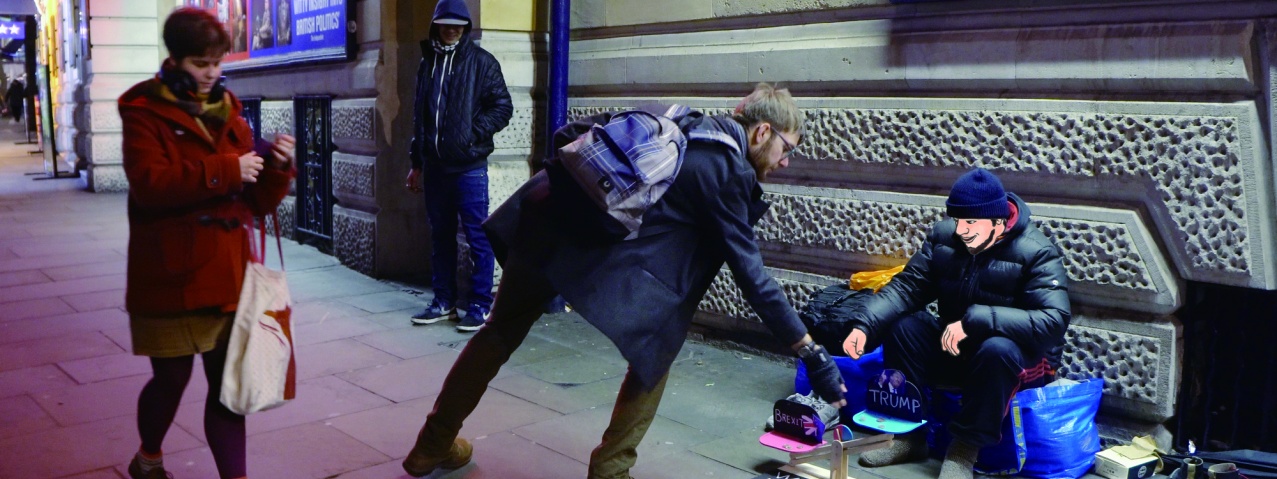
Text by Steve Jarvis Photographs by Street Debater
Something as simple as a set of scales and a provocative question is helping recast the dynamic between homeless people begging, and the multitude of people trying hard not to meet eyes as they pass by on the street. More than this, Street Debater points to the power of conversation as a way to help people in need that goes far beyond a few coins.
Increasing numbers of beggars on the street is a side effect of the ever-growing problem of homelessness in the world’s major cities. Raised in Japan, Tomo Kihara knew little of begging, but what preconceptions he held were challenged when he befriended a homeless street seller in Amsterdam. While his friend made little money, he said he preferred it to begging because at least it gave him a shred of dignity. This piqued the interest of budding social designer Kihara, and raised the question — is it possible to design ways for homeless people to earn money on the street, that also allows them to maintain their dignity?
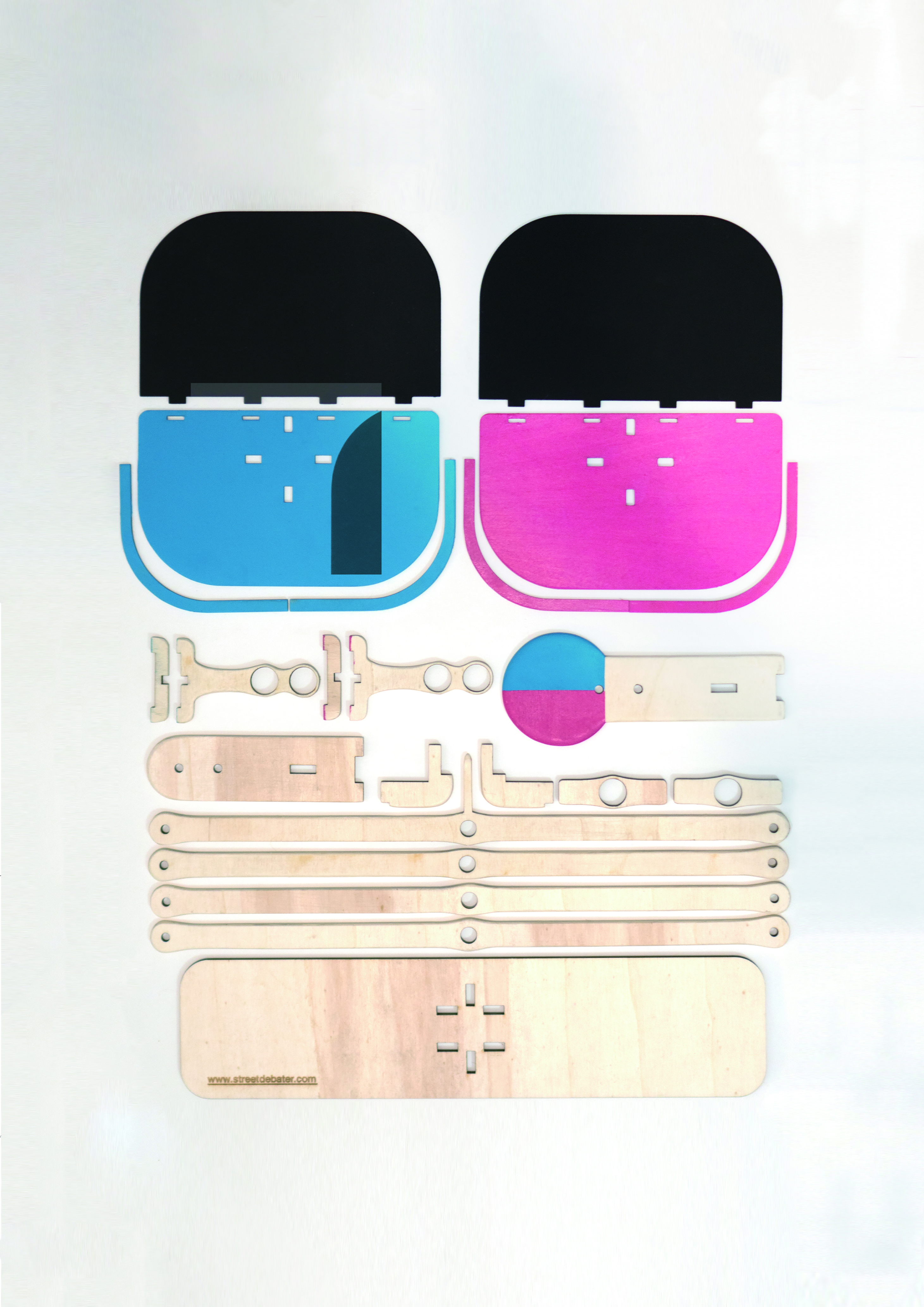
|
To better understand homelessness as a problem, he decided to try begging for himself. “Sitting in the middle of Amsterdam was definitely one of the worst experiences of my life. I felt stripped of dignity and self-worth.” This experience kicked off a year-long journey spending time with dozens of street beggars in four European capitals, and observing their interaction with passersby. He came to understand that the interaction was uncomfortable for all parties, with passersby often conflicted by suspicion and guilt at ignoring a fellow human in need. |
On average, during its proof of concept period in London, in just one hour a street debater can earn approximately 13.5 pounds by engaging about 12 people for a friendly conversation. Not only proving more dignified, but also more profitable than simply begging. He has since created a street debater kit, which can be purchased for a nominal amount from his website, or you can get a computer fabrication version online for free. The kit has been introduced in Europe, Africa and Asia, and with recent EU Commission Horizon 2020 funding to bring it to scale the future looks bright for Street Debating. |
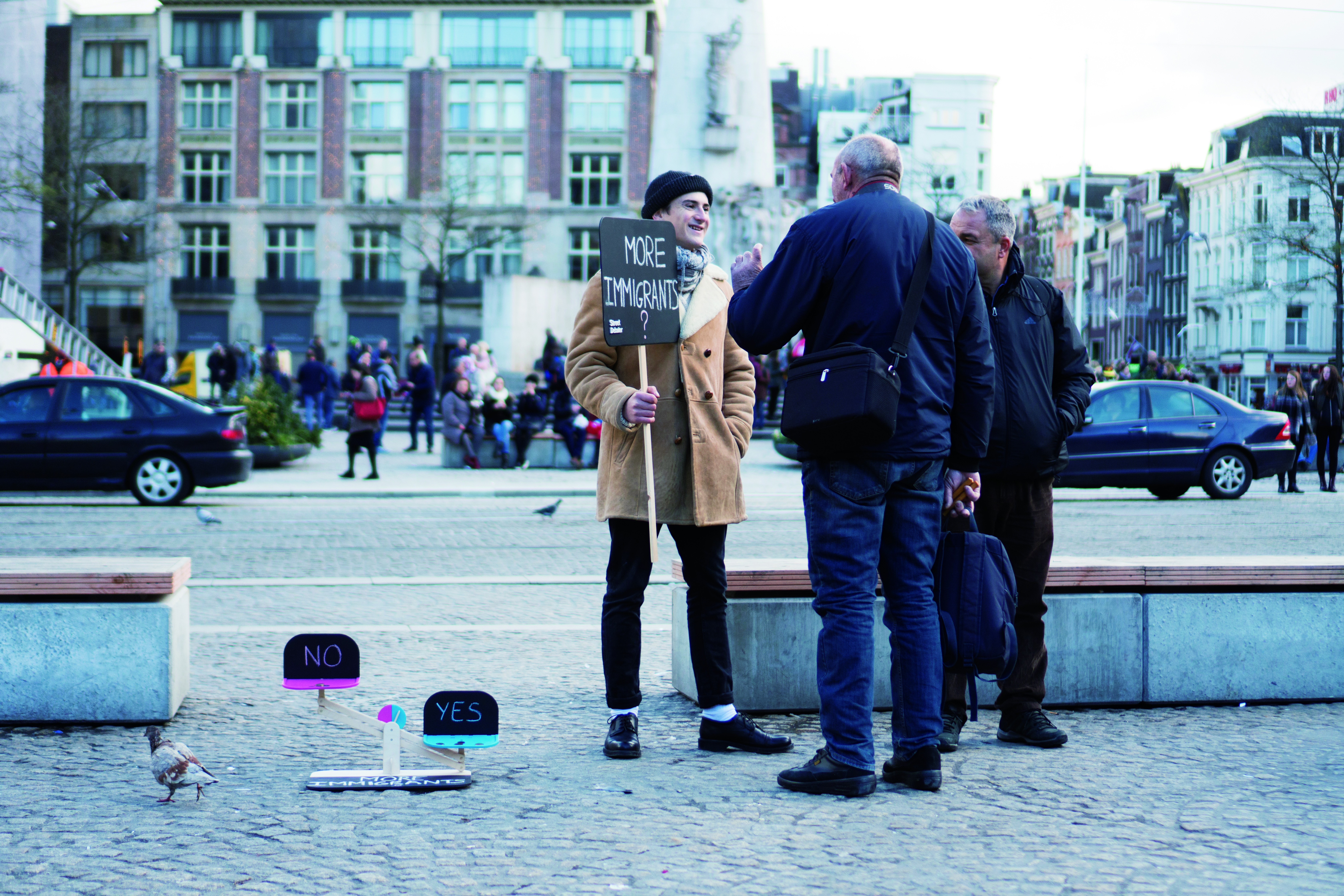
|
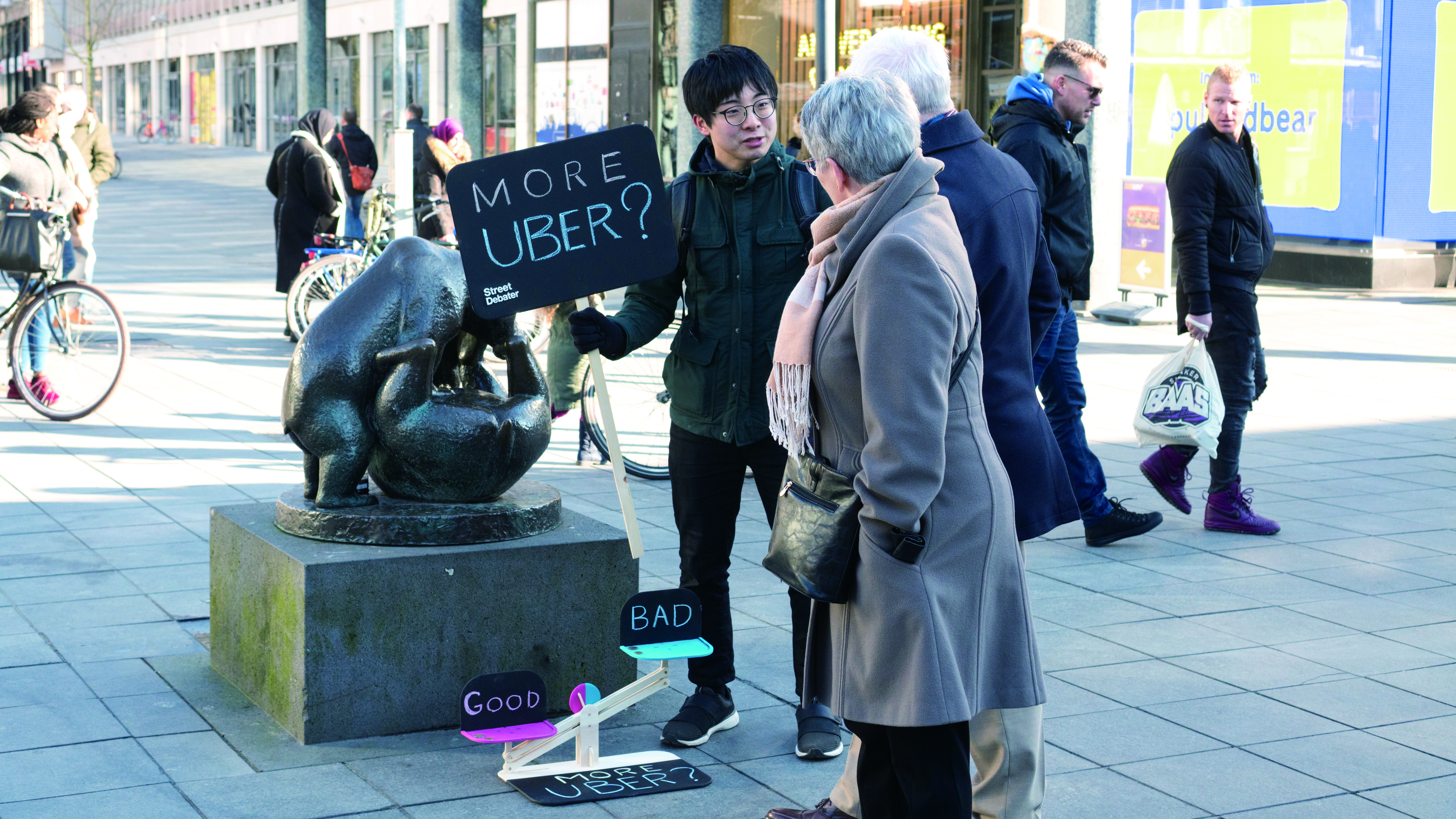
|
The street debater approach can instigate conversations on the street from a position of equality, not charity. Although, Kihara suggests it has an even deeper impact, “Street debating is not just solving the problem of begging, but helping to alleviate social segregation by bringing people with different ideas together in a friendly environment, helping to build understanding of others' situations and perspectives.” This potential to spark public discussion between people from different backgrounds and social situations, may yet prove to be the most profound result to come from this experiment in empathy building. |
Others

Latest News | 1 May 2020
The Simplicity of Wellness Design
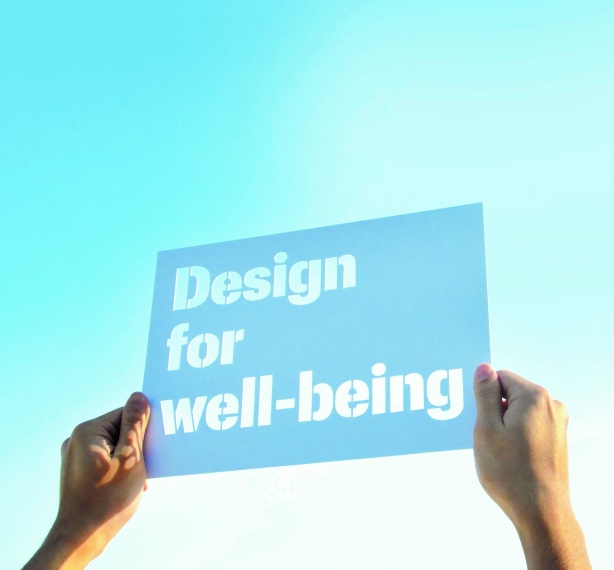
Latest News | 1 May 2020
Design For Well-Being

Latest News | 1 May 2020
Fashion Endeavours - 2020 DFA Hong Kong Young Design Talent Awards

Latest News | 1 May 2020
The Road of My Cyber Physical Hands
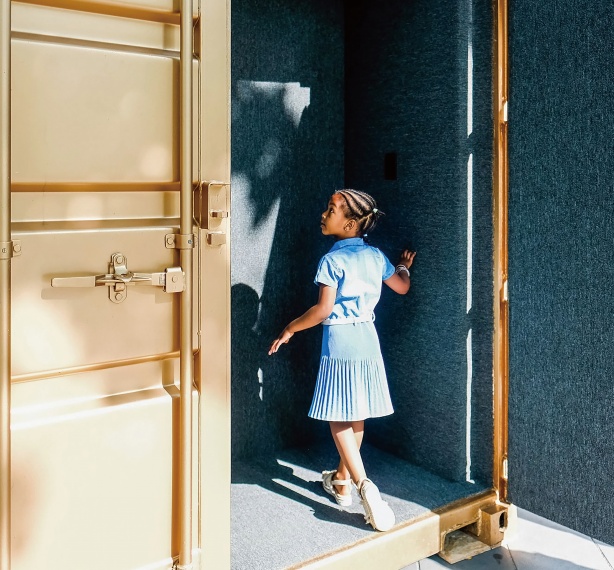
Latest News | 1 May 2020
Wellness by Design
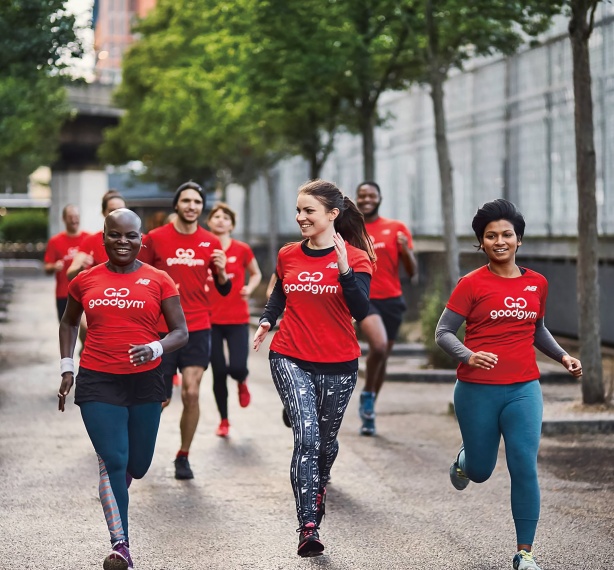
Latest News | 1 May 2020
Good Gym - Fit Bodies Make Healthy Communities

Latest News | 1 May 2020
GreenKayak - Paddling to a Better Environment
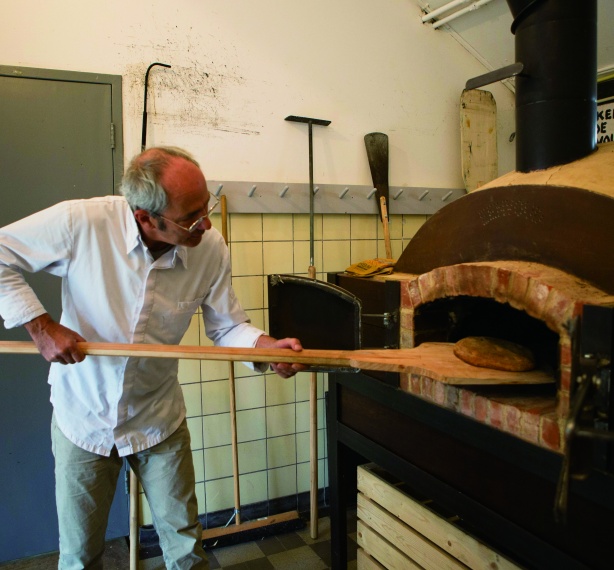
Latest News | 1 May 2020
Bakery Simplicity - A Recipe for Building Better Communities
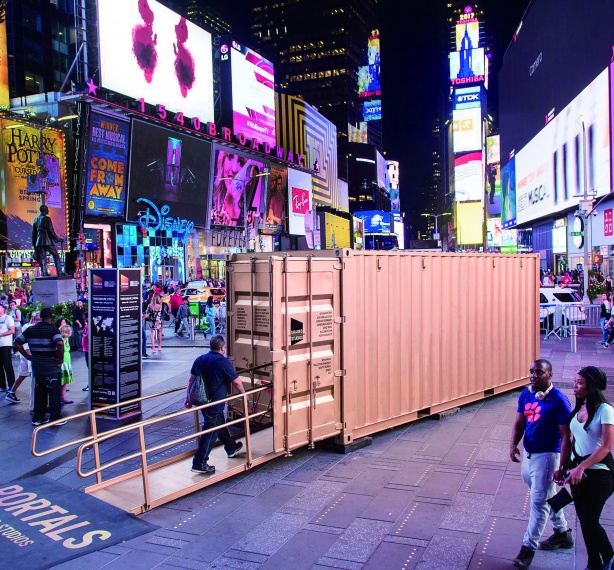
Latest News | 1 May 2020
Shared Studios - Portals to Better Understanding

Latest News | 1 May 2020
Printed Passion - The 31st Hong Kong Print Awards 2020
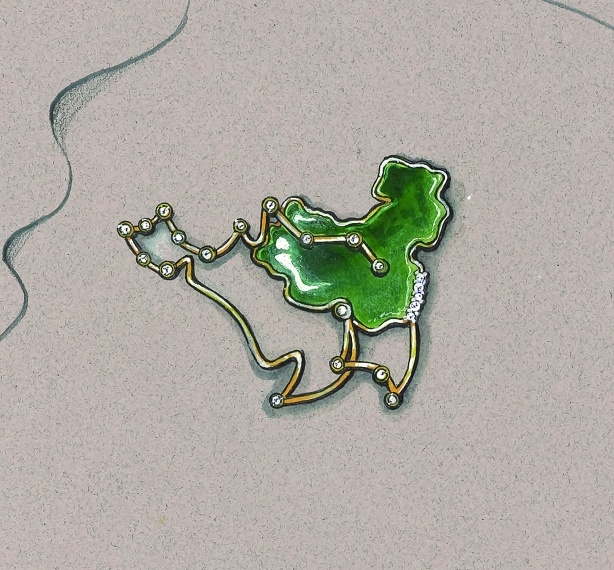
Latest News | 1 May 2020
Jewellery - Jadeite Connections
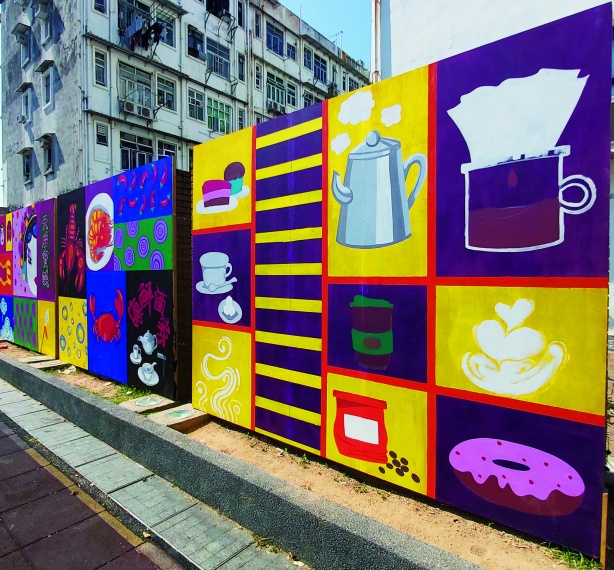
Latest News | 1 May 2020
Ones to Watch - Dress-up Sai Kung
